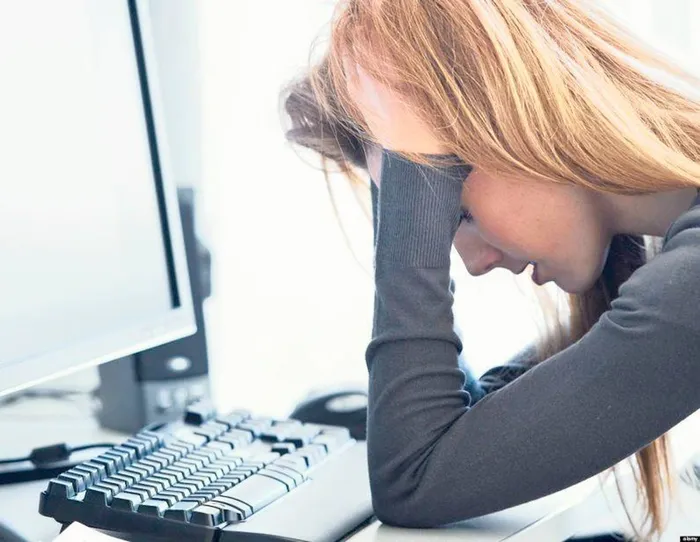COVID19 : Tough times as lockdown takes toll on mental health

The lockdown has been strenuous and taxing both mentally and physically. PIC: Supplied The lockdown has been strenuous and taxing both mentally and physically. PIC: Supplied
For many South Africans, the lockdown has been strenuous and taxing both mentally and physically as people try their best to adhere to the strict regulations enforced to reduce the spread of Covid-19.
Our sister newspaper, Saturday Star, reported that Lifeline SA had seen up to a 500% increase in calls from distressed and troubled individuals since the coronavirus pandemic hit the country.
Prior to Covid-19, Lifeline received around 1200 to 1500 daily calls, and these had since increased to about 4000.
Mother of two Nonhlanhla Mvunyiswa is one of those parents who are battling with anxiety, not knowing whether her pay will be docked and if she will be able to afford paying for her online studies.
“I’m a depression patient. I have been off meds for three months but this lockdown is taking a toll on me. I share custody with my ex-husband, and not being with my son by my side throughout this lockdown stresses me,” said Mvunyiswa, adding that she was concerned about the well-being of the four families she assisted financially.
A small business owner who did not want to be identified said he had stopped trading because of the lockdown.
“I own a small business and I am the breadwinner of my home. I had to stop my business due to the lockdown, resulting in my work and income coming to a halt. This has affected my personal life since bills can’t be paid and I cannot put food on the table.
“Banks like FNB don’t care; they see you have your last money in your account for food but still debit your account, taking your last cent, or they push debit orders through, knowing there are no funds in your account so you incur costs for rejected debits.
“A sad reality, especially for businesses that are not part of essential services, like ours. How do they expect one to live? We get ripped off financially all round, which then impacts on our mental well-being, which then impacts on our health by deteriorating our immune system, making us easy targets of Covid-19.”
Maxine du Plessis is concerned because she will not be drawing a salary this month and as a result will not be paying her rent.
“I have four boys and my company is not big, so we won’t get paid. I can’t apply for loans or anything because I have a bad credit record. I am struggling and basically won’t be able to pay my rent.”
Du Plessis said she would have to halt her part-time business studies at Damelin College due to the financial difficulties she faced.
The extension of the lockdown period had not helped those dealing with depression and anxiety and would increase the number of stressed callers needing help to cope, according to SA Depression and Anxiety Group (Sadag) operations director Cassey Chambers.
But Chambers said Sadag had teams available to take calls from distressed South Africans who were struggling to cope.
“Sadag helplines are a critical service to many, and since the development of the coronavirus Sadag has received many calls from people who are already feeling stressed and anxious,” she said.
SA Federation for Mental Health's Dr Lochandra Naidoo said people must try to keep a normal schedule, eat healthily and also exercise.
“Coping with panic and claustrophobia and poor tolerance is as much of a challenge as the lockdown extension itself. Peoples’ safety, health and family are threatened. These fears spread as rapidly as the virus. We must avoid information overload, prepare for our fears without overestimation, seek support, keep active and eat healthily while we help others.”
Naidoo further urged South Africans to stay safely at home and comply with all Covid-19 and lockdown regulations.